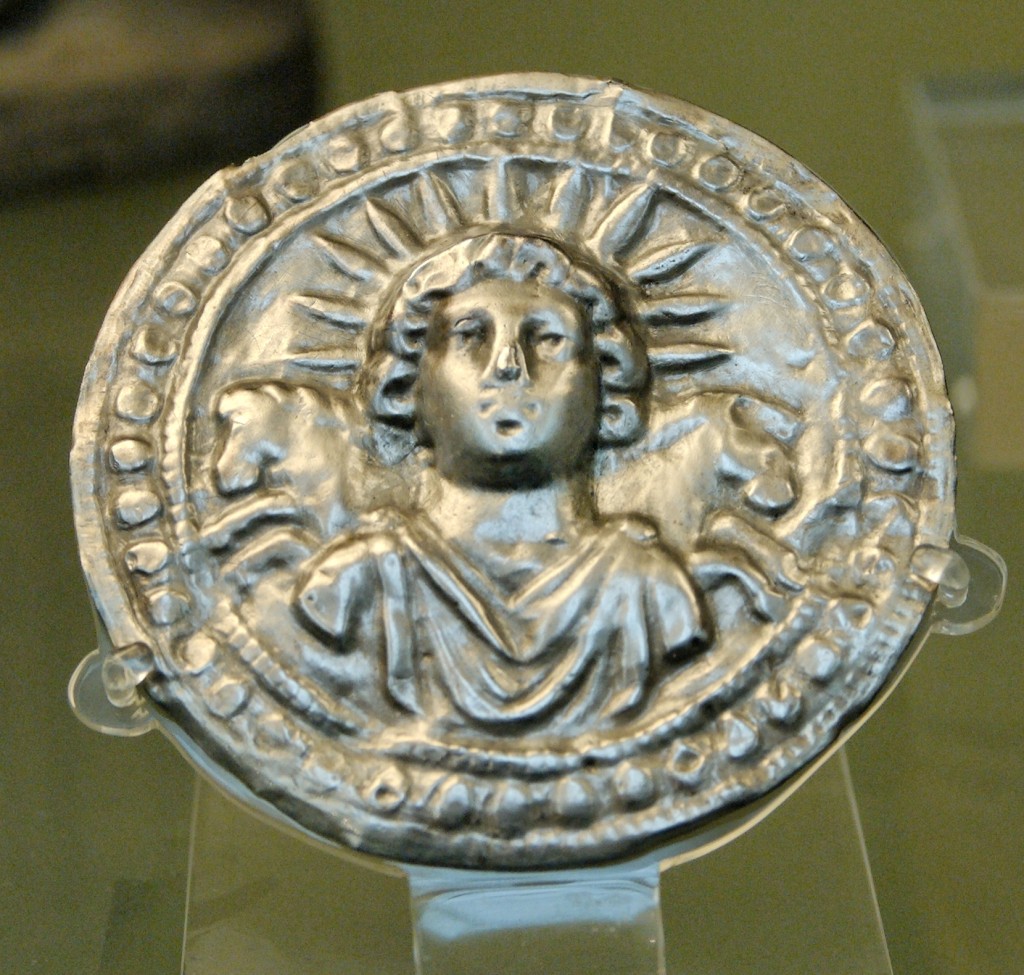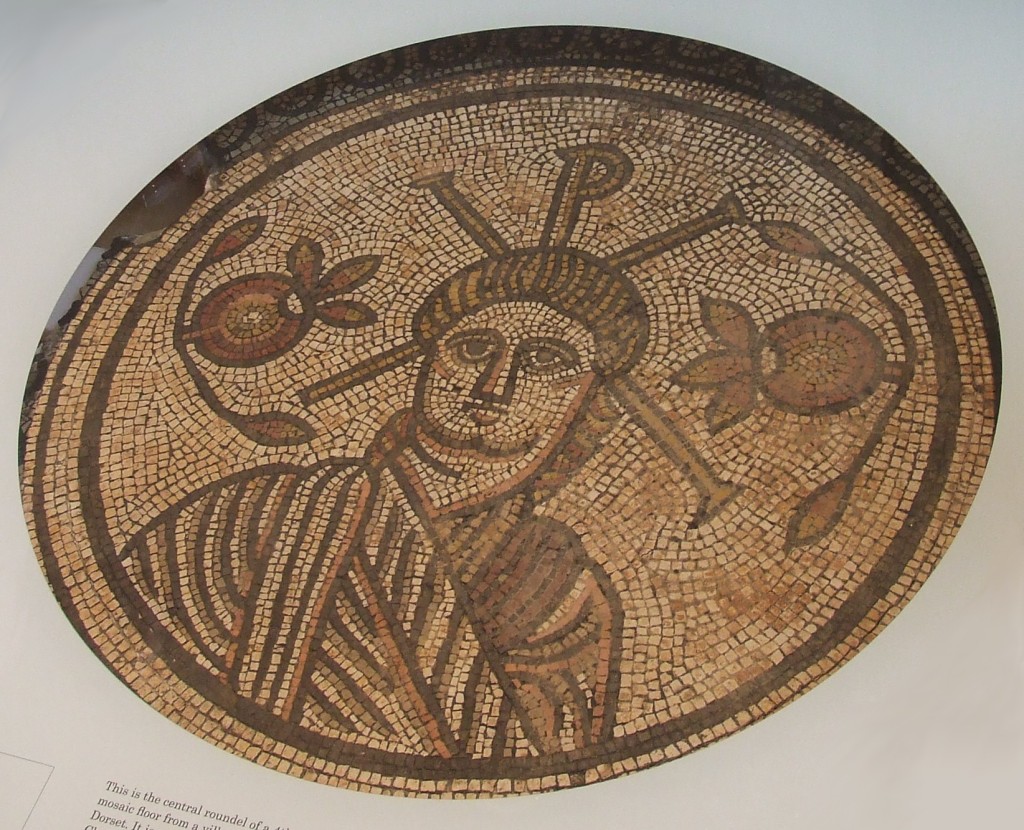On this date ancient Romans began a festival that in some periods lasted for 12 days: the festival known as Saturnalia. It honored the sky father Saturn, the earth mother Ops, and their child, Consus, the god of the grain-bin (sort of like a manger). For twelve days, Romans gathered at night, built bonfires, gave gifts, ate, drank and made merry with games. The birth of Consus represented the re-birth of the Sun which reached its lowest point in the year, and then began to grow again. The Romans honored the Sol Invictus–the Unconquered Sun.
Over 2000 years later, we keep the 12 Days of Christmas in which the Christ Child is honored as the Eternal Son of the heavenly father and an earthly mother. There are tons of lights, parties, food and drink and game playing.
Clearly, along the way, the Christian Church appropriated elements of what had been one of the most popular religious festivals of the Religio Romana–the Ancient Roman Religion. On the one hand, the ancient religion lives on in the Christian celebration, but who knows that? Most Christians keeping Christmas do not think of themselves as perpetuating ancient Roman Religion. In that sense, the appropriation dishonors the religion these practices were taken from.
As Unitarian Universalists, we invoke and honor all the world’s religions. We quote their prophets and poets. We observe many of their holy days. We dance a fine line on which we embrace festivals, scriptures, seasons and teachers from many religious traditions as part of the tapestry of our faith while at the same time honoring the integrity of the religions themselves. If we forget this dance and this fine line, we do harm. If we light a menorah and fail to honor Judaism, we do harm. If we cite Buddhist scriptures but fail to honor Buddhism, we do harm. If we call the four directions and invoke pagan deities but fail to honor Paganism in its many forms, we do harm. If we use a Medicine Wheel but fail to honor Native American religions, we do harm. If we quote Rumi or Hafiz or the Quraan but fail to honor Islam, we do harm.
Borrowings and sharings of religious traditions and practices can be the highest form of praise and the human extension of grace but only when we honor the sources from which they come and from which they are received. Borrowing, using, appropriating and celebrating the traditions of others requires us to see the sacred more deeply than almost any other practice–seeing the sacred in the ones from whom we appropriate.
In this season of sacred traditions, let us pause to acknowledge where our practices come from and to honor those sources of the sacred.
Bob Patrick



We are all more tied together than we realize when we reach out with our core.
Great reminder of how important it is to give credit to the source from which a tradition or celebration came.
Peggy